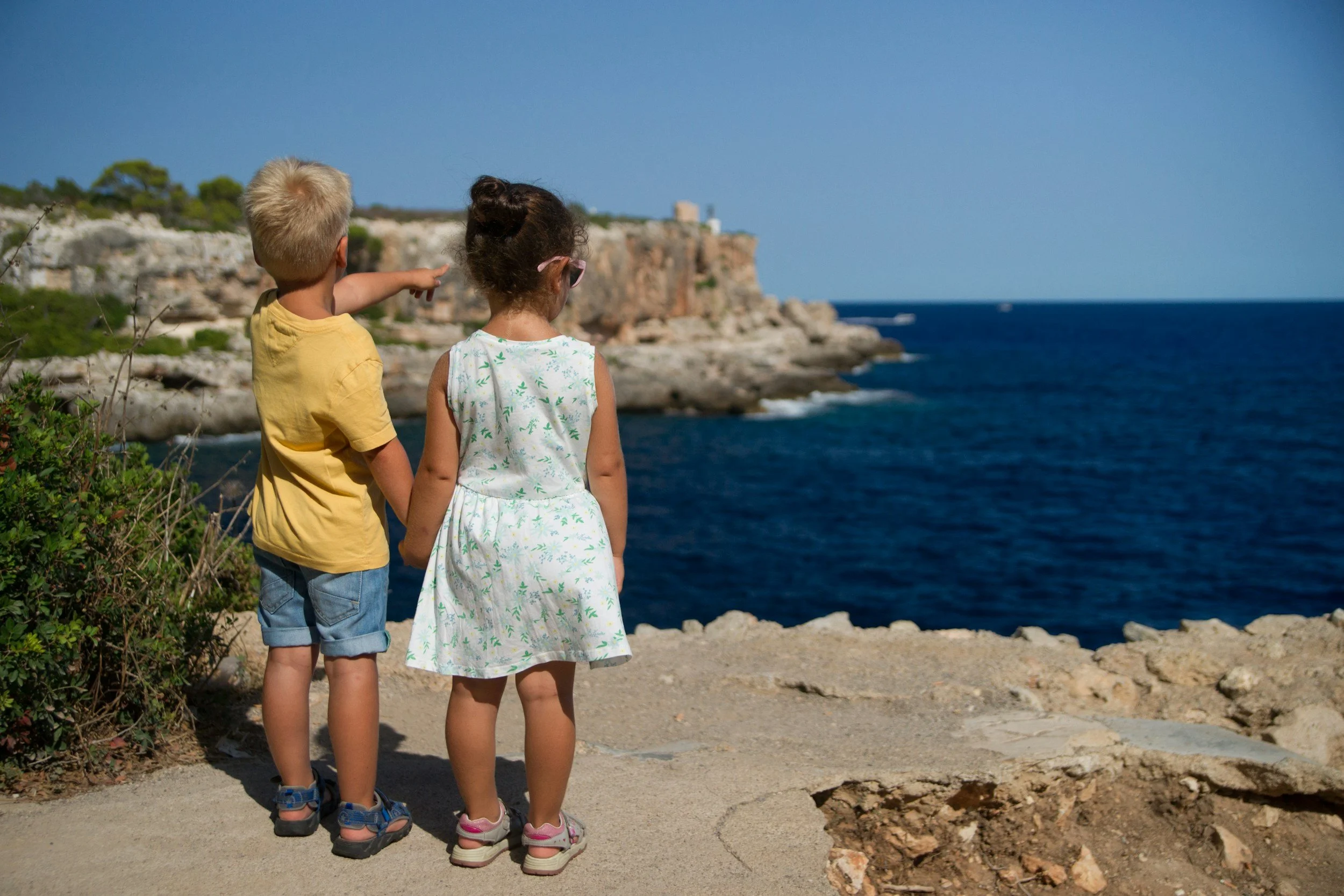For Undergraduates
The Gopnik Lab will be recruiting new research assistants in Spring 2026!
Google Form Link: https://forms.gle/zzSkmnyQRcQwimbU7
Deadline: January 26, 2026 at 4PM PST.
Thank you for your interest! Please read the application requirements, criteria, and project descriptions completely before applying. Late or incomplete applications will not be considered.
Any questions can be directed to Maansi at gopniklabmanager@berkeley.edu
Application Requirements and Criteria
Please only apply if you are willing to make a commitment to work in our lab:
A minimum of 10 hours per week during the semester for a minimum of 2 semesters
Must be a UC Berkeley undergraduate student
Must be fully vaccinated and able to pass a background check in order to work with children
Be sure to apply both on the URAP portal and the Google Form linked on the portal! Individuals who do not follow these instructions will not be considered.
Requirements for
All Applicants
All research in the Gopnik Cognitive Development and Learning Lab is broadly focused on children's development of cause and effect reasoning and how they learn from and about other people. We are looking for dedicated and motivated undergraduate students interested in pursuing a graduate degree in developmental psychology or a related field.
RAs will work closely with a graduate student, post-doc, or lab manager assisting them on all aspects of the research process. RAs will help with experimental and stimuli design; recruiting adults and children ages 2-14 years old; and collecting, organizing, coding, and analyzing data. RAs will meet regularly with their mentors to discuss the theoretical motivations of the studies they are working on as well as the findings of other empirical papers both related to the studies in the lab and important to the field in general.
What We Are Looking For in an Applicant
Qualifications
* Must be excited about Cognitive Development research!
* Must be fully vaccinated against COVID-19 and able to pass a background check to work with children
* Organized, dependable, self-motivated, independent, and hard working
* Prior experience with children (both formal and informal experience is great!)
* Comfort acting silly around children (a bit of acting or improv experience is helpful but not essential)
* Prior research experience is appreciated but not required
* Artistic, mechanical, electrical engineering or programming experience is not necessary, but would be great!
* Weekend availability is desirable for museum testing, and daytime (8-11 am) is great for preschool testing, but we will try to work with your schedule
Current Project Descriptions
Project 1: How does exploration shape problem solving? How do children (ages 6-12) and adults figure out what unfamiliar objects can do? In this project, we design virtual environments where participants freely play with novel objects (with hidden features!) before trying to solve tasks with them. We are especially interested in what motivates exploration, and how it helps people flexibly use tools in new ways.
Project 2: Exploring information: when is curiosity useful? Children are famously curious, but do they prefer novel information that is useful and predictable, or any kind of novel information novel that can also be random? We are running experiments with toddlers (ages 2-3) and young children (ages 5–7) to test how much they are willing to learn different kinds of information, and whether they can distinguish signal from noise.
Understanding How Children Explore & Reason
Supervisor:
Eunice Yiu, Postdoctoral Scholar
Care and caregiving relationships are central to children’s everyday lives. How do children mentally represent the nature of caregiving relationships? What are the unique expectations that structure children’s understandings of these relationships? We are addressing these questions empirically with experiments involving 3- to 9-year-old children. Current projects explore the asymmetric nature of caregiving, costs incurred and altruism in care, the role of “Parentese,” and expectations for different caregivers.
We are looking for undergraduate research assistants who are collaborative, reliable, and enthusiastic about psychological research. Research assistants will receive structured mentorship from a postdoctoral scholar and lab manager, and will gain hands-on research experience in a supportive environment. Responsibilities include data collection with children in museums and schools, study material development (stimuli and surveys), data preparation and analysis, and literature review.
Children’s Intuitive Understandings of Caregiving Relationships
Supervisors:
Melis Muradoglu, Postdoctoral Scholar
Maansi Narain, Lab Manager
Our research investigates the ways in which children and adults explore their environments and build an understanding of cause and effect. We’re particularly interested in how children develop causal models of the world and how they apply past experiences to new situations. Our work seeks to uncover the cognitive mechanisms that drive effective exploration and learning.
Unlike AI systems, which often struggle with generalization, children excel at forming abstract concepts and applying them to novel situations. Our project aims to bridge this gap by studying the processes children use to build and refine causal models, with the goal of informing more adaptable AI systems that better reflect human learning. We will use games to uncover the strategy and patterns of exploration which enables causal learning in children and adults.
Undergraduates passionate about research and cognitive developmental psychology are welcomed to apply!


